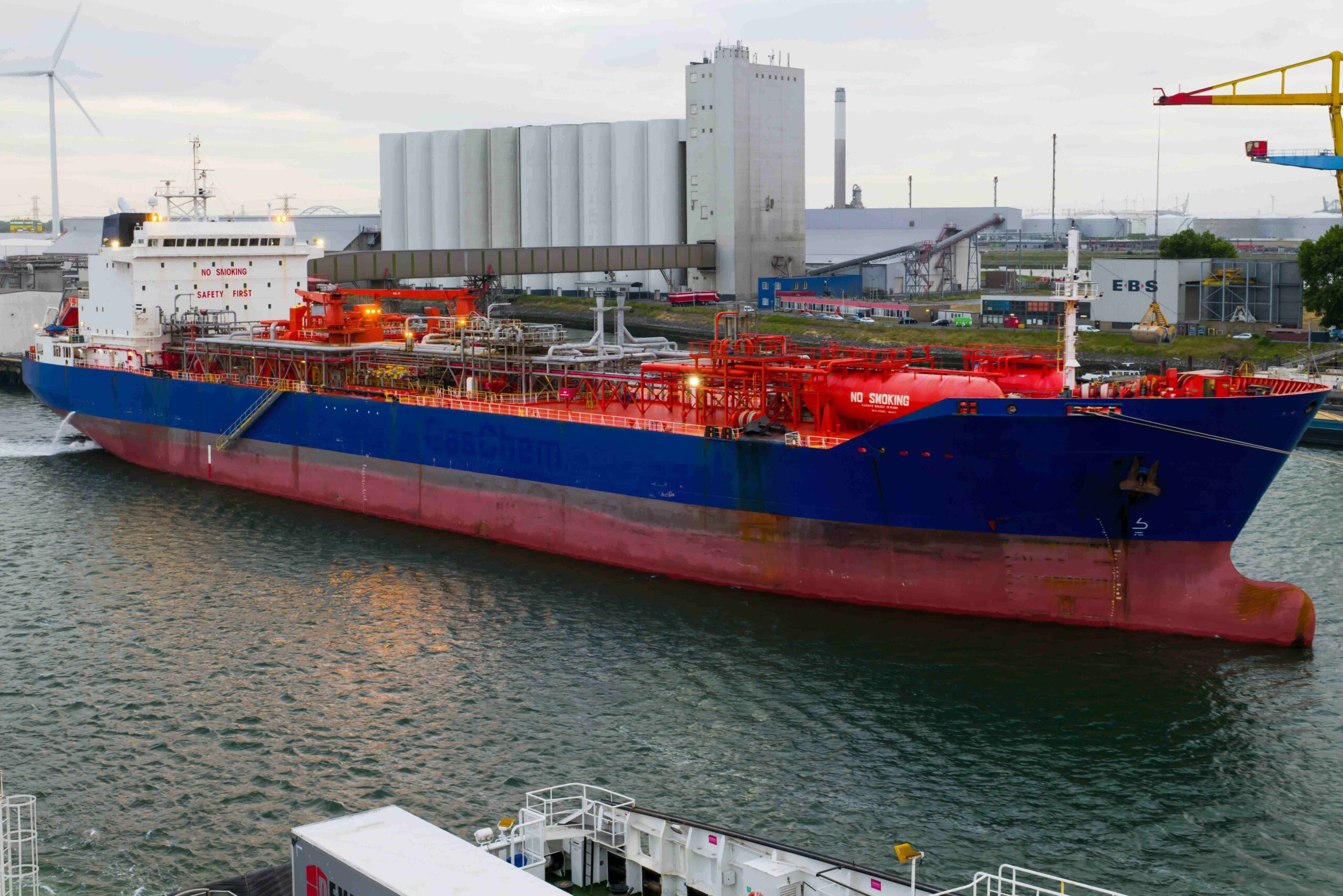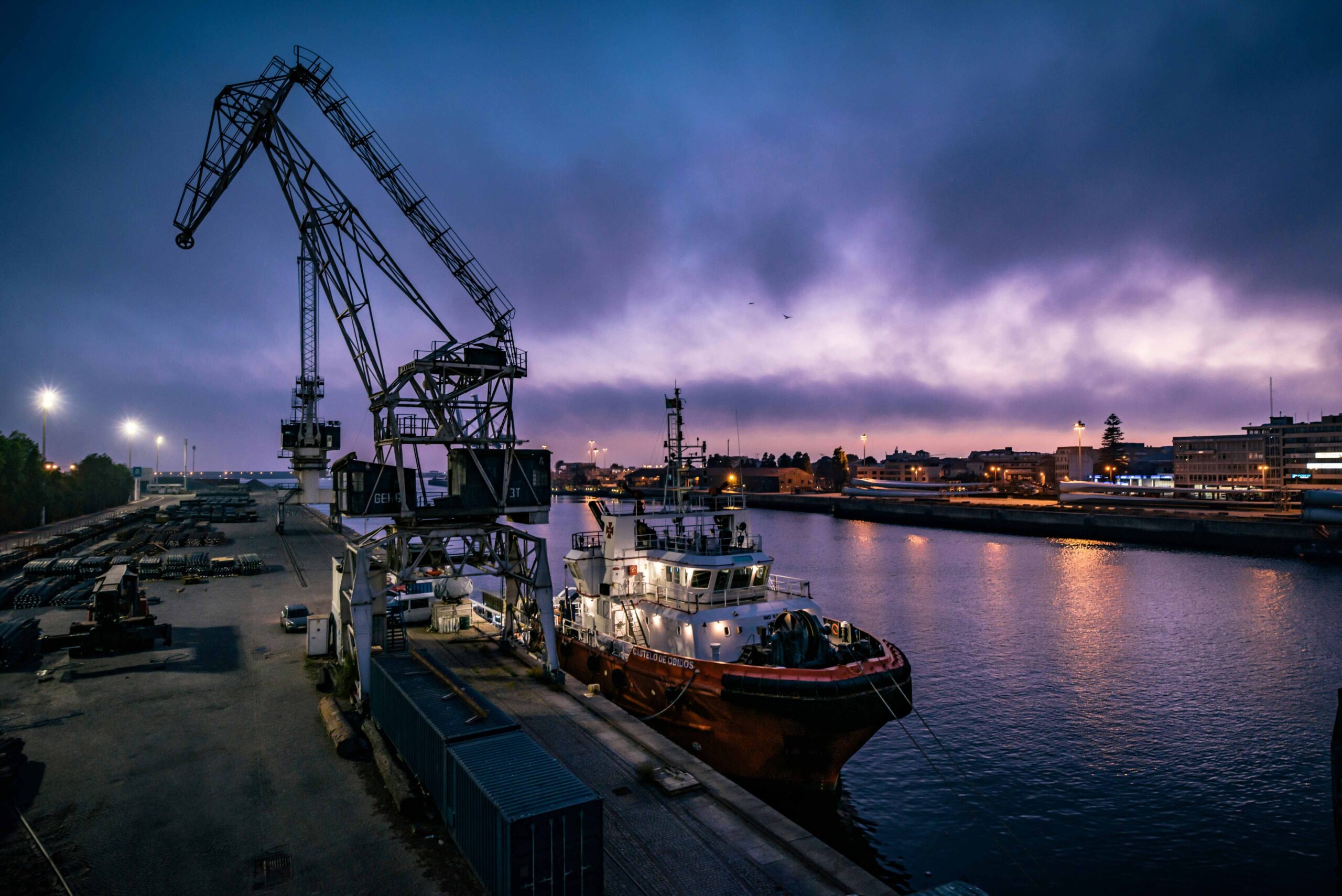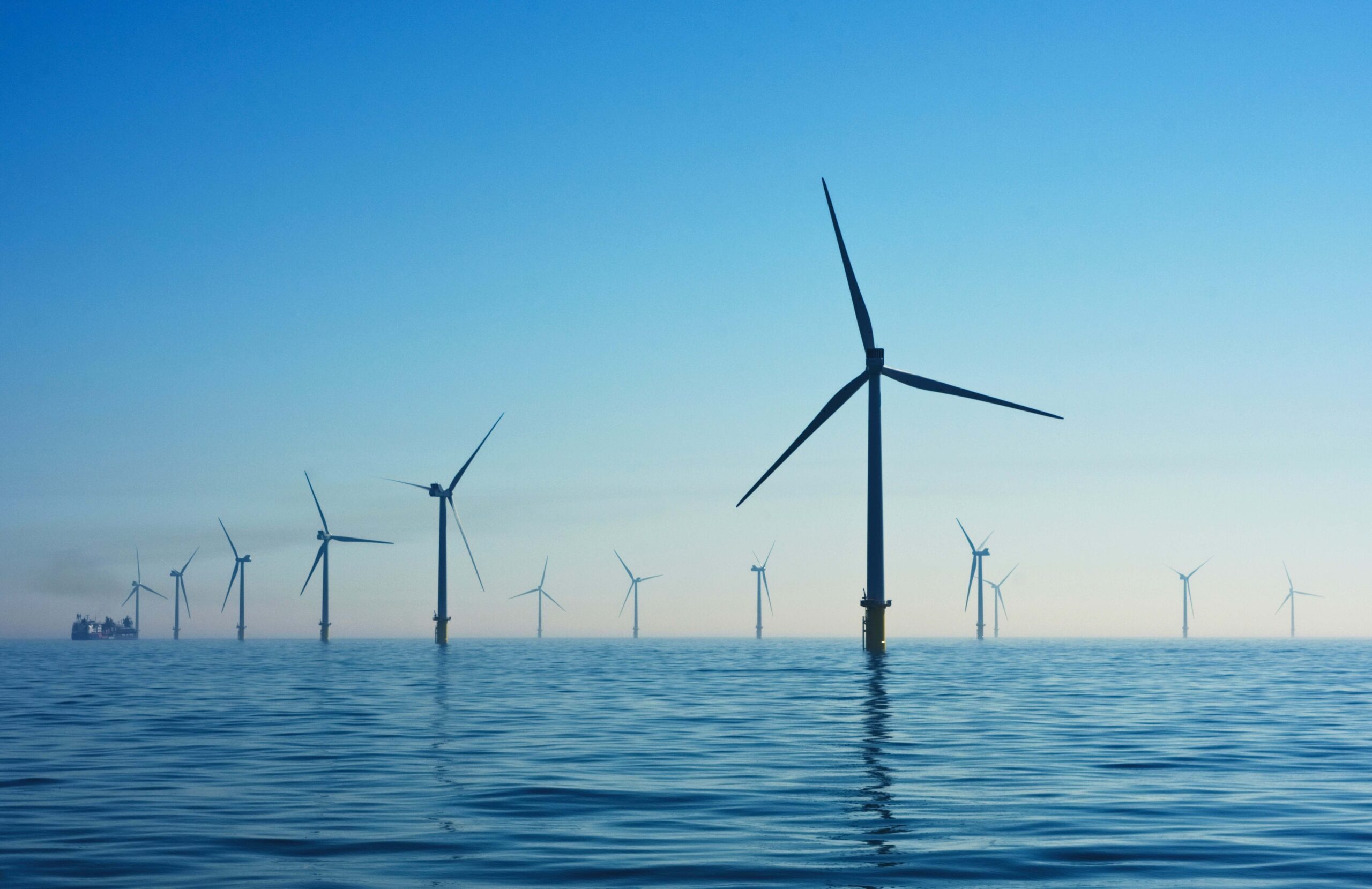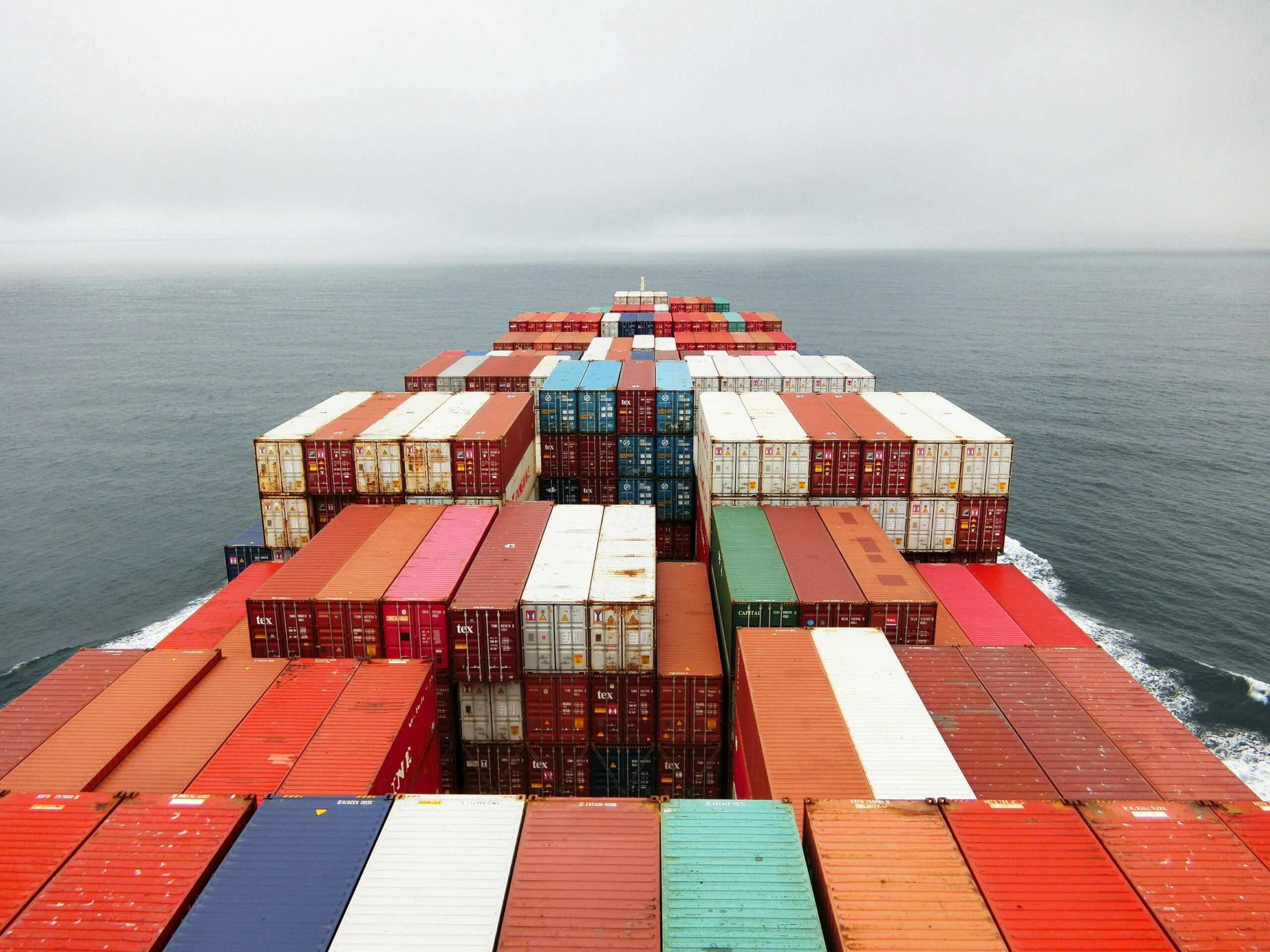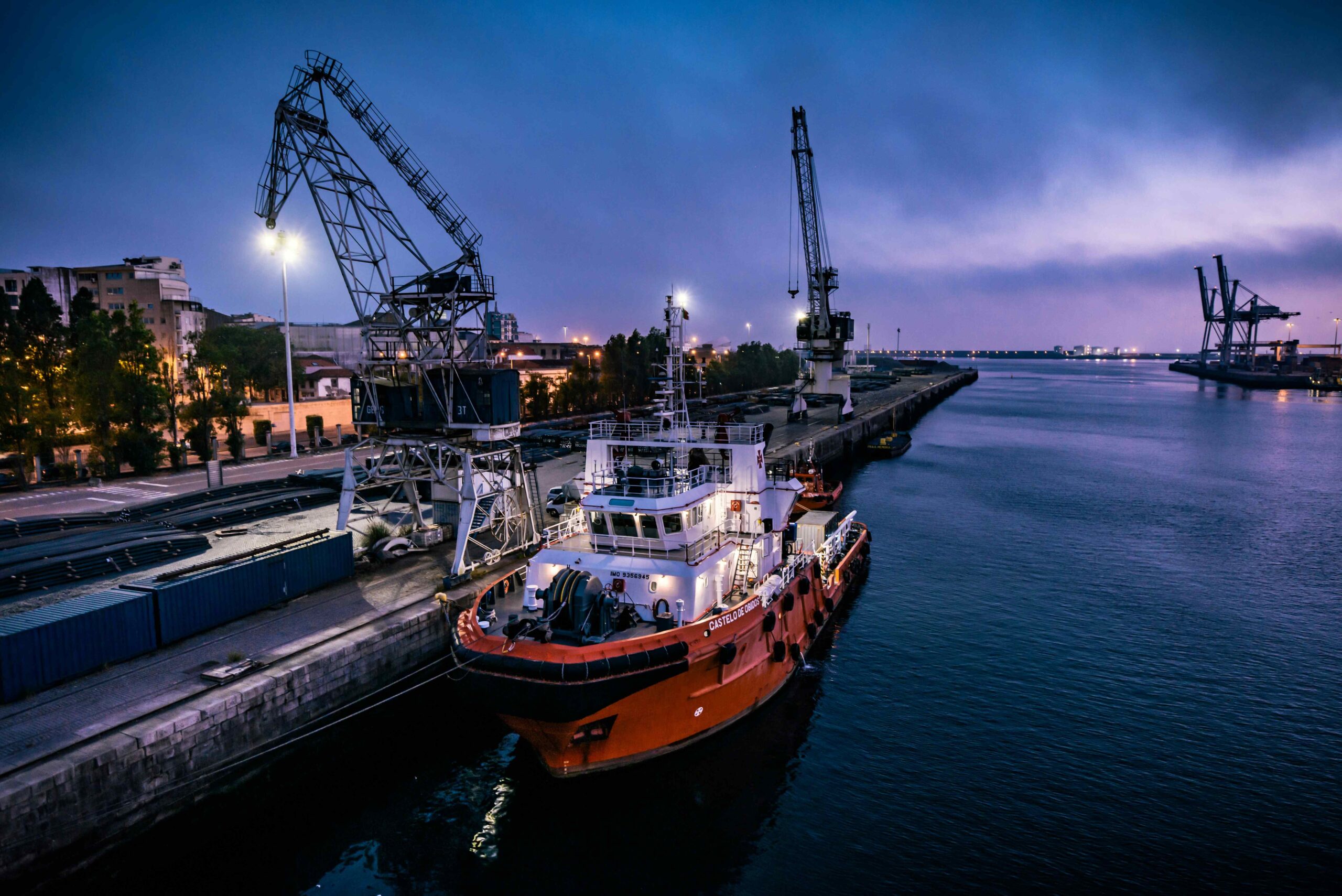The Future of Nuclear-Powered Vessels in Commercial Shipping
In the pursuit of sustainable and efficient maritime transport, nuclear-powered vessels are emerging as a potential game-changer. This article explores the possibilities, challenges, and implications of nuclear propulsion in commercial shipping, considering advancements in technology, regulatory frameworks, and public perception. The Potential of
Public Perception and Social Responsibility in Bunker Fuel Industry
The bunker fuel industry, essential for powering maritime transport worldwide, is increasingly under scrutiny from the public and regulatory bodies concerning its environmental impact and social responsibility. This article delves into the evolving public perception of the bunker fuel industry, the industry’s response
The Role of Government Subsidies in Promoting Cleaner Marine Fuels
Governments worldwide are increasingly turning to subsidies as a key policy tool to promote the adoption of cleaner marine fuels, aiming to reduce emissions and mitigate environmental impact from shipping activities. These financial incentives play a crucial role in incentivizing shipping companies to
The Success of LNG-Powered Vessels
In the maritime sector’s pursuit of sustainable and efficient fuel alternatives, LNG (Liquefied Natural Gas) has emerged as a leading contender, offering significant environmental and operational advantages. This article explores the achievements of LNG-powered vessels, highlighting key factors driving their adoption, operational efficiencies,
Impact of Renewable Energy Policies on Bunker Fuel Demand
The global shift towards renewable energy is profoundly influencing various industries, including maritime transport. As nations implement policies aimed at reducing carbon emissions and promoting sustainability, the demand for traditional bunker fuels is experiencing substantial transformation. This article examines how renewable energy policies
Fuel Cells: A Promising Alternative for Marine Propulsion
Fuel cells are emerging as a promising alternative for marine propulsion, offering cleaner and more efficient energy solutions compared to traditional combustion engines. This article explores the potential of fuel cells in revolutionizing marine propulsion, highlighting their benefits, technological advancements, challenges, and future
Renewable Energy Sources and Their Potential in Marine Fuel
In recent years, the maritime industry has been increasingly exploring renewable energy sources as viable alternatives to traditional fossil fuels. This article examines the potential of renewable energy sources in marine fuel, highlighting their benefits, current applications, challenges, and future prospects for sustainable
The Environmental Benefits of Scrubbers in Marine Vessels
Scrubbers, or exhaust gas cleaning systems, have emerged as a critical technology in the maritime industry aimed at reducing air pollution and improving environmental sustainability. This article explores the significant environmental benefits of scrubbers installed on marine vessels, highlighting their role in mitigating
The Future of Hybrid and Electric Marine Vessels
In an era increasingly shaped by environmental awareness and technological advancement, the maritime industry is undergoing a profound shift towards sustainability. At the forefront of this transformation are hybrid and electric marine vessels, offering a future where efficiency, reduced emissions, and economic viability
Green Shipping: Pioneering Sustainable Bunker Fuels for a Cleaner Maritime Era
The maritime sector is swiftly embracing sustainability, driven by the urgent need to minimize environmental impact. Green shipping initiatives prioritize the adoption of sustainable bunker fuels to curb emissions and meet global climate targets effectively. Embracing Sustainable Choices Shipping, crucial for global trade,




